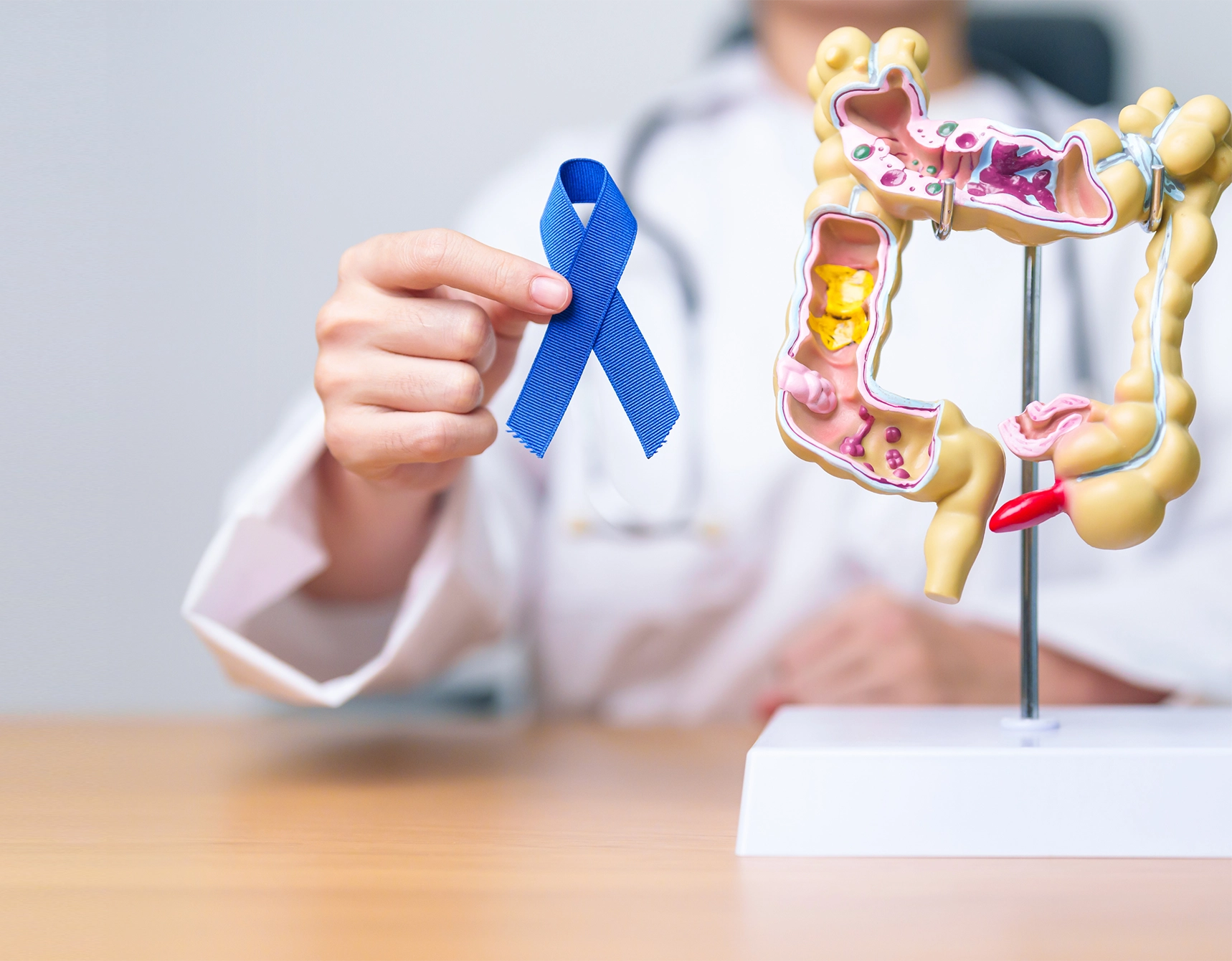What are the symptoms of a neurological disorder?
There are numerous symptoms that can point towards a neurological issue with some of them being nonspecific not necessarily meaning a neurological problem. We have standard facilities same as british neurology psychiatry center. Most of the time in neurological assessment, double vision causes, pain and especially back pain, arises from bone structures and muscle contractions (spondylosis, dream of seizure, discs …) so that you might require an orthopedic or neurosurgeon.
In case of any doubt, you can check with your family physician.
Some of them are as follows:
- Headache
- Numbness and /or tingling in one side of the body, arms and/or legs,
- Weakness in one side of the body or in one limb.
- Numbness and weakness in the face, eyelid drop, drooping of mouth.
- Muscular waste and weakness.
- Muscle twitching, muscle jerks
- Tremor or other involuntary movements
- Tics
- Speech difficulty (word finding problems, slurred speech)
- Memory problems
- Fainting or loss of consciousness (blackouts)
- Seizures
- double vision
- Balance problems and difficulty walking
If some of these symptoms happen suddenly, especially unilateral weakness, speech problems or unbalance, please seek immediate assistance.
Which medical disorders are related to neurology?
Your doctor, based on the symptoms, neurological disorders and examination, would be the best person to diagnose you and arrive at a conclusive decision regarding your disorder. Usual disorders are as follows:
- Migraine, cluster headaches
- Trigeminal neuralgia
- Epilepsy
- Neurodegenerative disorders including Dementia (Alzheimer’s disease and others) Huntington’s disease, Motor Neuron Disease (MND) and Ataxia.
- Cerebro-vascular disease including Transient Ischemic Attack (TIA) and stroke
- Parkinson’s disease and other parkinsonism, essential tremor, dystonia, Chorea, myoclonus, Restless leg syndrome and other movement disorders.
- Multiple sclerosis and other demyelinating disorders
- Guillain-Barre’ syndrome and chronic inflammatory demyelinating polyneuropathy (CIDP) and other Peripheral neuropathies.
- Myopathy
- Infections of the brain and spinal cord such as encephalitis, meningitis and myelitis
- Bell’s palsy
- Carpal tunnel syndrome
How is a neurological disorder diagnosed?
Your doctor will consult you first, taking a detailed clinical history and carrying out a neurological examination. Then, the doctor may suggest some tests to accurately diagnose your condition. People ask what type of doctor treats epilepsy? A neurologist is a doctor who specialises in treating brain disorders, such as epilepsy. The trigeminal neuralgia cause neck pain, rsi and carpal tunnel syndrome. Get treated by neurospecialist in Dubai. They may include one or more of the following:
- Electroencephalography (EEG)
- Electromyography (EMG)
- Nerve Conduction Studies for diagnosis of nerve disorders (NCS)
- Visual Evoked Potentials (VEP)
- Somatosensory Evoked Potentials (SSEP)
- Brainstem Auditory Evoked Potentials (BAEPS)
- Brain or spine imaging (MRI or CT)
- Lab test.
- Consult other specialties
Specialized Care for Neurological Disorders
Fakeeh University Hospital is one of the top neurology hospitals in the UAE, known for treating a wide range of neurological conditions. Our specialists have extensive experience with conditions like Cerebrovascular disease, Amyotrophic Lateral Sclerosis (ALS), and neurogenic speech and language disorders. Our team also excels in the management of muscle spasms and central nervous system disorders. If you're looking for a neurologist in Dubai, we have some of the best neurologists in Dubai and neurospecialist to ensure you receive expert care.
We are also a leading provider of neurological physiotherapy, helping patients recover from neurological injuries and improve their quality of life. Our neurological physio team or pediatric neurologist works closely with patients to manage conditions like cervical spondylosis and spinal cord injuries.
What does a Neurology Ambulatory Care Department do?
Neurology Ambulatory Care Department provides diagnosis and management (pharmacologic and non pharmacologic treatment is prescribed within the scope of neurology practice) for patients with all spectrum of neurological disorders as well as referral to other departments according to the patient’s needs.
Leading Hospital for Neurological Care in Dubai
Our neuro and spine hospital Dubai is conveniently located and equipped with state-of-the-art facilities. Whether you need a brain doctor or a doctor for nerves and muscles, we have the best specialists available to provide top-notch care. If you are searching for a neurologist near me or looking for neurology in Dubai, Fakeeh University Hospital is the premier destination for neurological health.
We also offer expert opinions through case reports in neurology, ensuring our patients receive the most accurate diagnoses and effective treatments. Our comprehensive care includes treatment for conditions like peripheral nervous system disorders, neurogenic speech and language disorders, and more.
In case of any doubt do not hesitate to contact us. We will be more than happy to guide through the selection of the more suitable doctor for you.



















